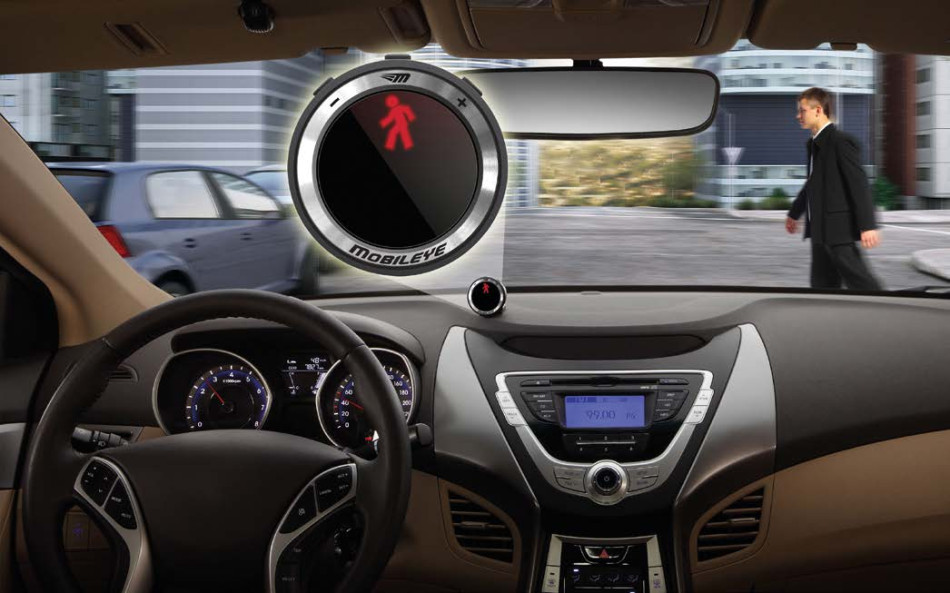Driving into the future: how the FIA is helping to define the connected car
The future of Mobility, both in terms of environmental impact and the development of new, connected technologies, is at the centre of many discussions involving FIA Clubs around the world

The following key points provide insight into some of the FIA’s actions, and most notably how the innovations stemming from motor sport can be extended to road vehicles.
The FIA’s Sport and Mobility pillars are putting the FIA and its member Clubs in the ideal situation to observe and promote technology transfer between motor sport and road cars, the development of the environmental standards and mobility technologies of tomorrow.
Motor Sport - an ideal testing ground for green technology
Consumers benefit directly from the developments made in racing. For example, the LED headlights used in competition by Audi have already found their way onto some road models, and the technologies used to enhance the power and compactness of batteries in Formula E will undoubtedly impact the future of electric mobility.
The FIA is actively involved in the development of green technology through its championships, such as:
• Formula 1 and endurance racing, both laboratories for development where the boundaries of hybrid technology are tested and engineers develop innovations in controlling the consumption, production and management of energy;
• Formula E, a trailblazing discipline that is paving the way for high-level electric technology.
The FIA and connectivity: a long-term vision with everyday applications
As part of its mobility activities, the FIA endeavours to understand any changes in the automobile goods and services market in order to better respond to the needs of its member Clubs. As such, connectivity, and the medium-term prospect of one hundred per cent connected and autonomous cars it presents, fall under this scope.
In order to lay the groundwork for the applications of connected technologies to be extended to road vehicles, and to help Clubs adapt to the upcoming market transformations and challenges, the FIA:
• collaborates with the various entities of the European Commission on the development of standards, in particular via the FIA regional office in Brussels;
• leads think-tank activities alongside its Clubs;
• applies marshalling and telemetry systems during motor sport competitions to collect real-time data.
Day-to-day technologies, such as GPS navigation and on-board emergency alert devices, are a direct result of innovations driven by the FIA and its member Clubs.

 Facebook
Facebook Twitter
Twitter